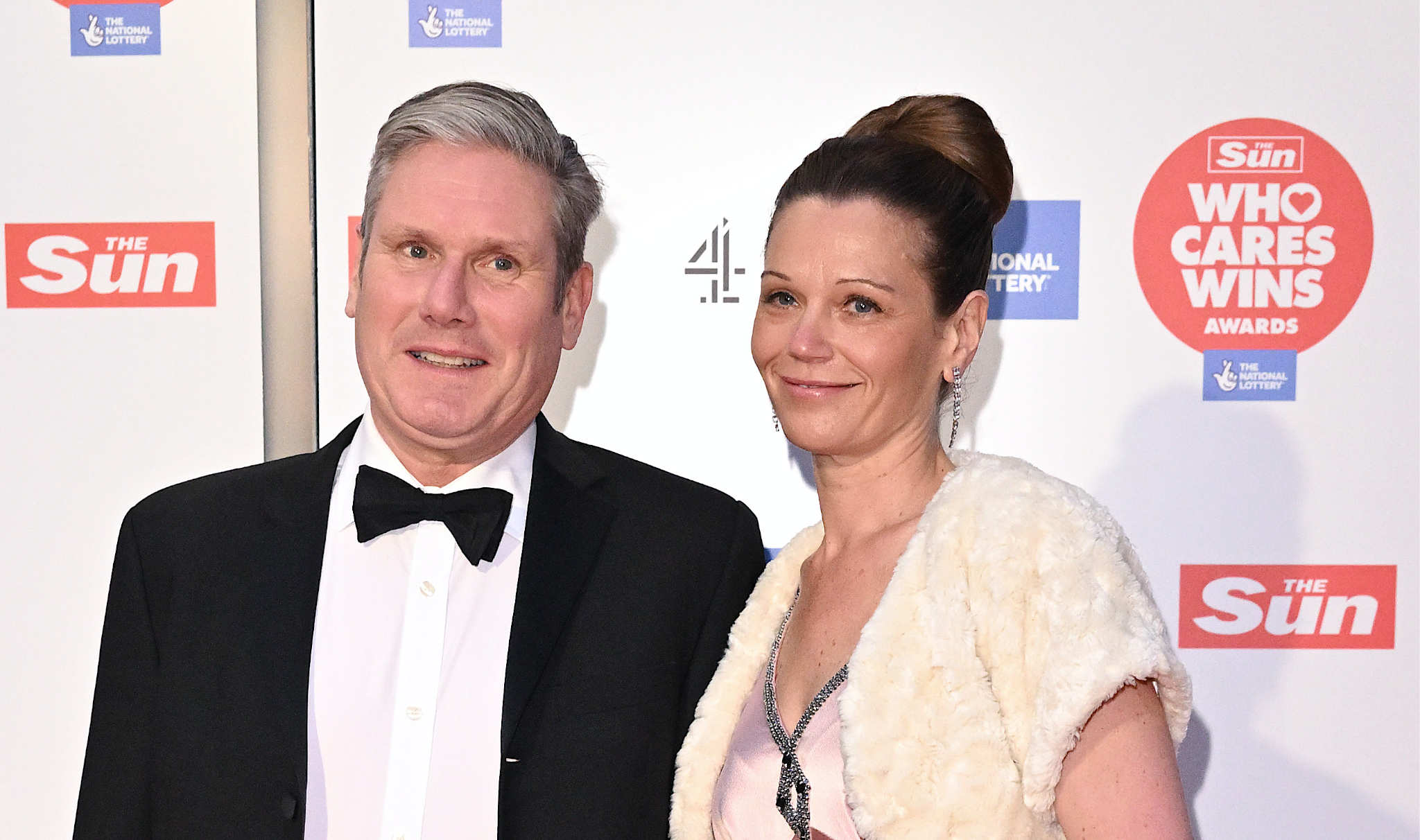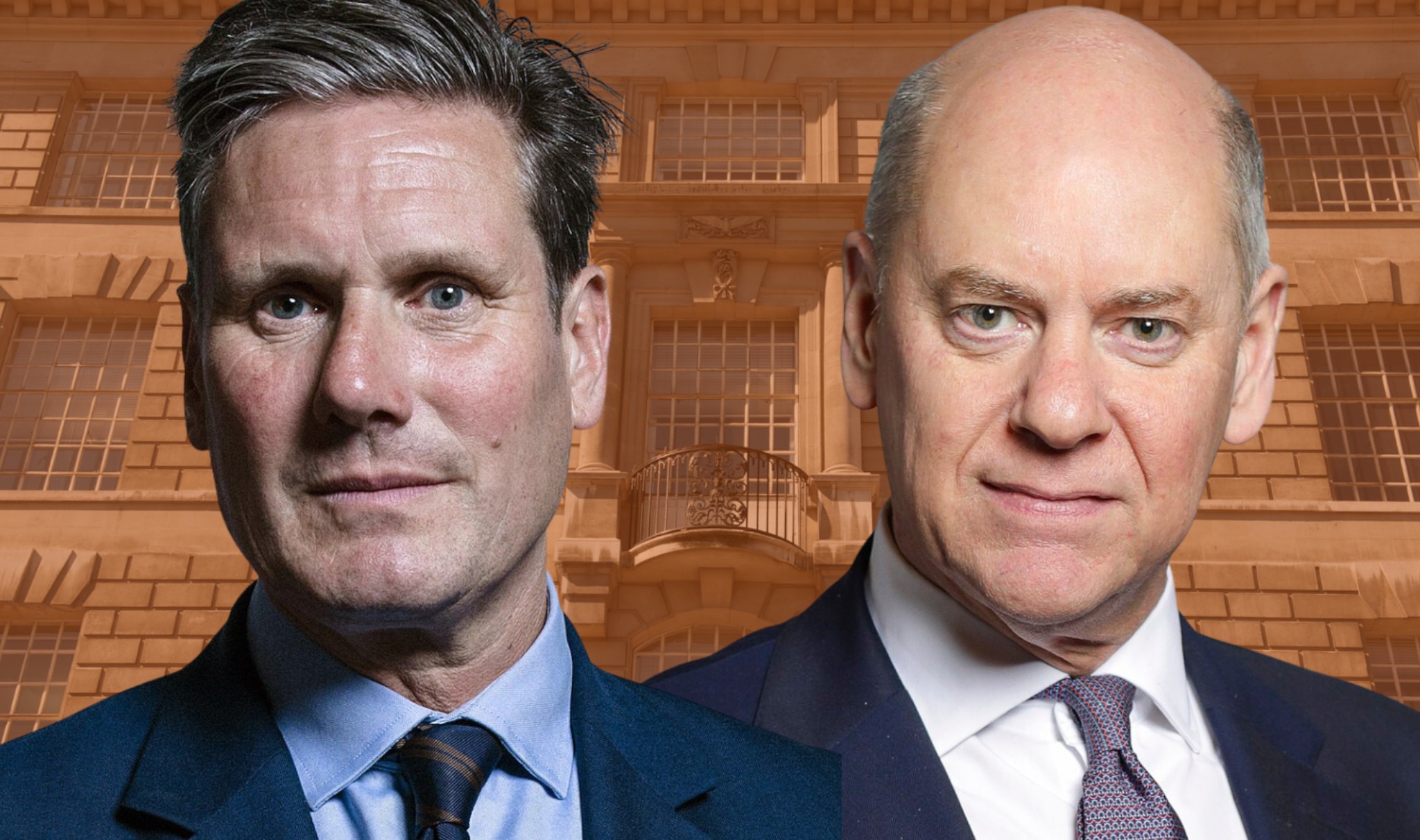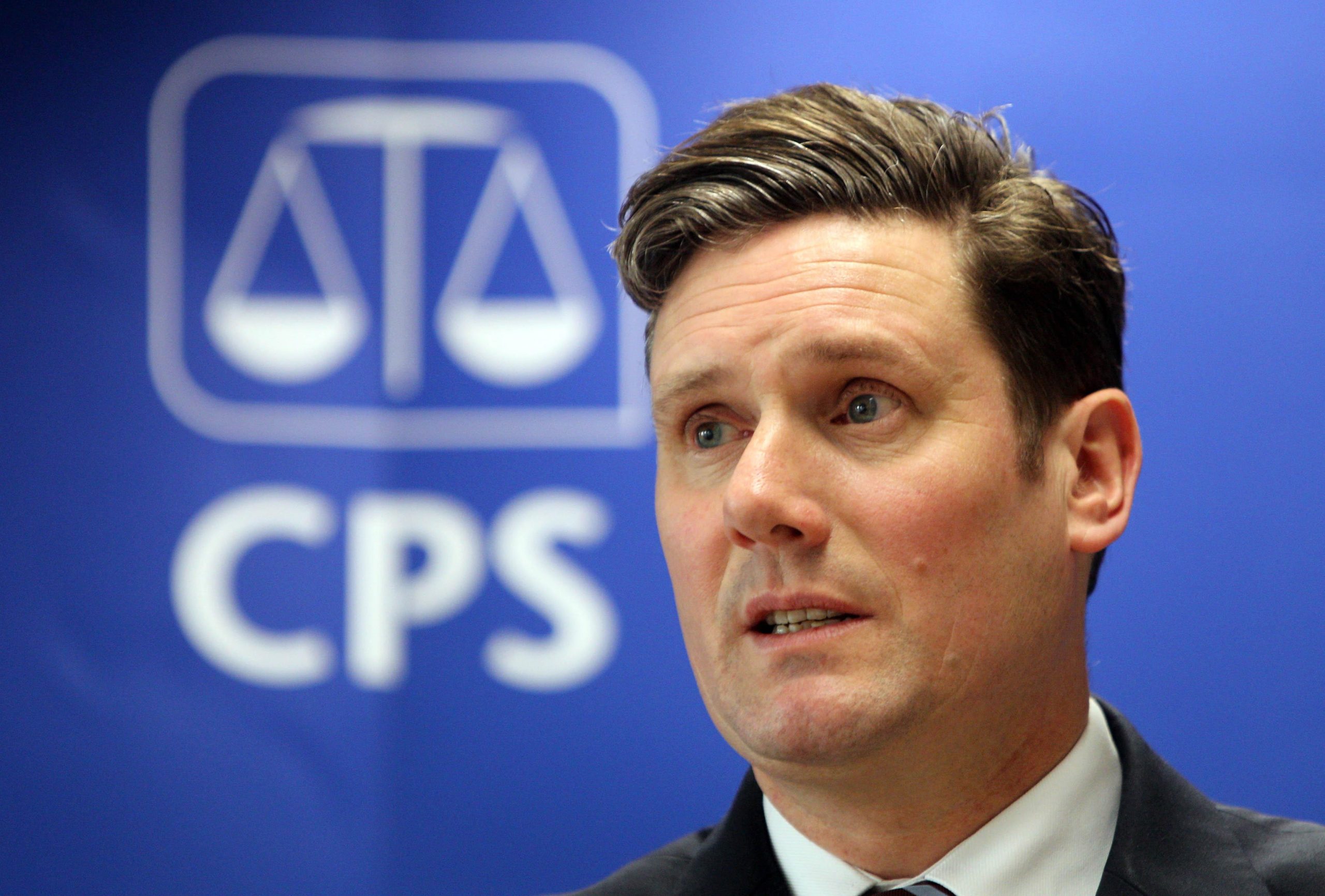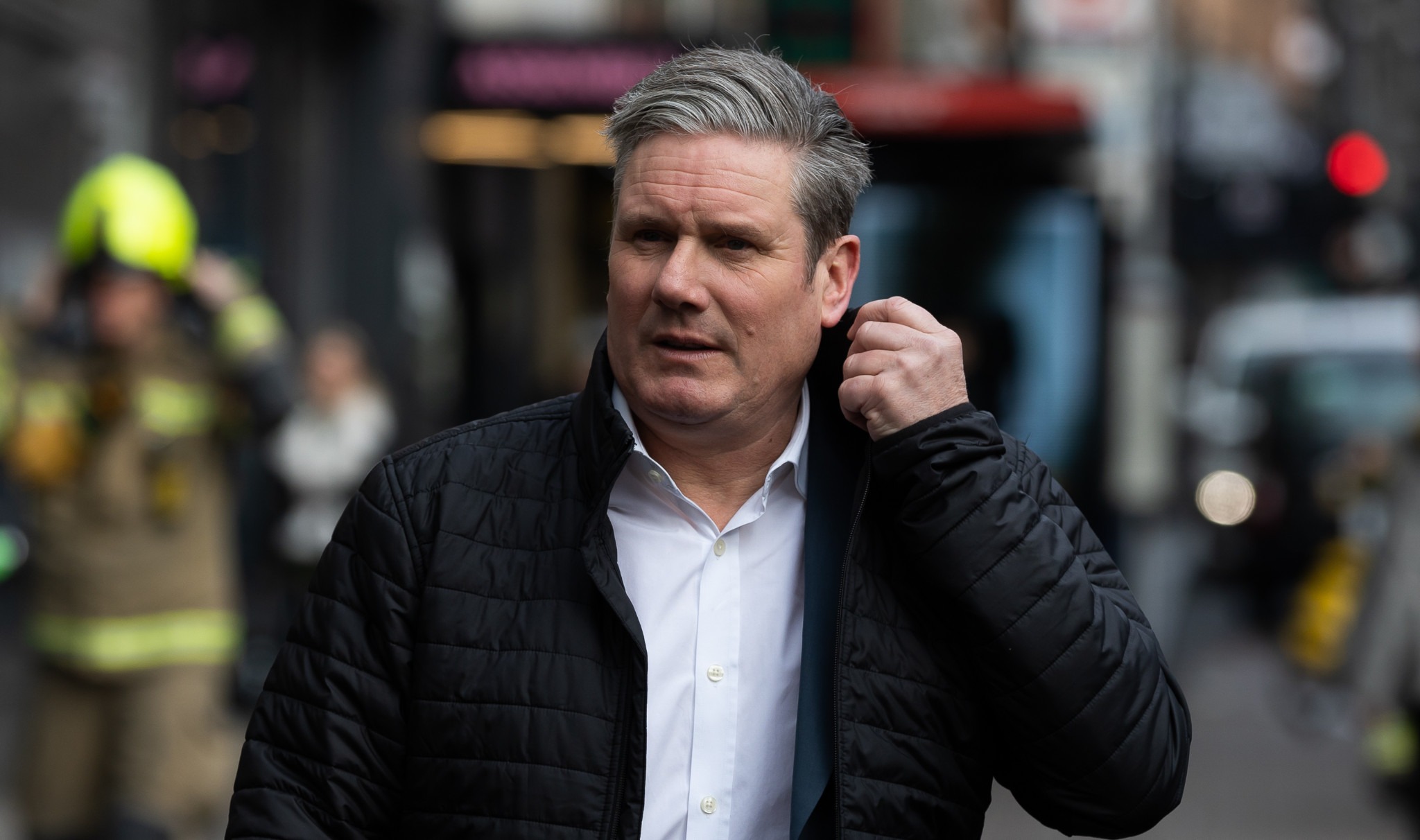Keir Starmer had struck up a close relationship with the Murdoch media even before he entered politics, it can be revealed.
When Starmer served as Director of Public Prosecutions (DPP) from 2008-13 he accepted hospitality from the Murdoch-owned media on ten occasions, according to his hospitality register seen by Declassified.
This included eight lunches or drinks with journalists from the Times, Sunday Times, and the Sun, alongside his attendance at Rupert Murdoch’s summer party and the Times Christmas drinks.
As DPP, Starmer was treated to lunch by two editors of the Sun – the only newspaper editors he is known to have socialised with.
Starmer accepted hospitality on just six occasions from the rest of the British press – and attended no other media organisation’s parties.
He stopped accepting – or declaring – hospitality from the media abruptly at the end of 2011, as the Leveson Inquiry began investigating media practices in the wake of the phone hacking scandal involving Murdoch’s News International.
Starmer was treated to lunch by two editors of the Sun.
Starmer’s first hospitality from a media organisation was on 17 June 2009, according to his CPS records (included at the end of this article). On that evening he attended Rupert Murdoch’s summer party at the Oxo Tower in central London.
Also in attendance were the Australian oligarch’s children as well as Rebekah Brooks, the editor of the Sun. Starmer recorded his attendance at a “summer reception” given by the “board of News Corporation”.
Now leader of the Labour Party, Starmer caused controversy last month by attending Murdoch’s party again, although it was not reported he had attended previously.
Murdoch is an unpopular figure among most Labour members. His purchase of the Sun in 1969 is seen as a watershed moment in British media and politics, initiating a shift to the right and a tabloidisation of the country’s culture.
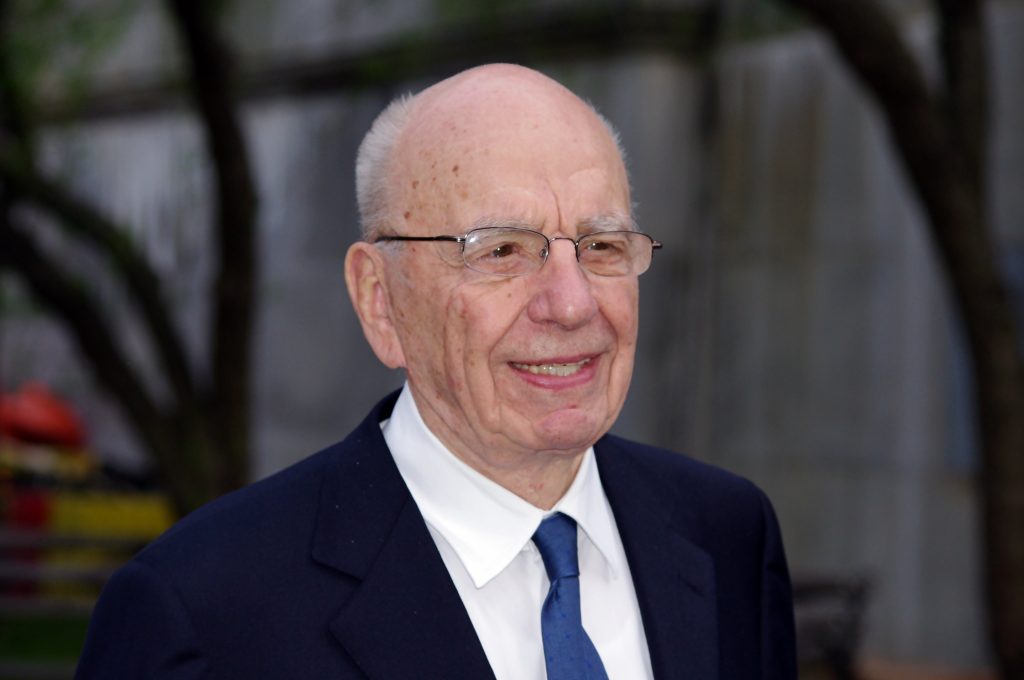
Cultivation
But attending Murdoch’s party in June 2009 was just the start of an extraordinary early cultivation of the Murdoch press by Starmer as DPP.
The month after the summer party, in July 2009, Starmer was taken to lunch by Frances Gibb – who worked for the Times newspaper – at Christopher’s, an upmarket steakhouse and cocktail bar in Covent Garden.
Less than a month later, in August, Starmer went for lunch with the Sun’s editor Rebekah Brooks, who he’d been at the party with two months before. Brooks was about to become chief executive of its parent company, News International. Also at the lunch – hosted at News International headquarters – was Trevor Kavanagh, the paper’s associate editor.
Starmer then met with Frances Gibb again a couple of months later, in October 2009, this time for drinks at Balls Brothers, an all-day bar in the City of London. Then, the following month, he met Sun journalist John Kay for lunch at Refettorio, an Italian restaurant in the City of London.
In January 2010, Starmer was back at News International headquarters for another lunch, this time with Dominic Mohan, who had recently been made the new editor of the Sun.
Then, on 12 April 2011, he met with Frances Gibb again, before – two days later – being taken for lunch by Sean O’Neill, another journalist with the Times, at Biagio, an Italian restaurant in Mayfair.
Scoops
In June 2011, Starmer was treated to lunch at Le Pain Quotidien by David Leppard, a journalist with the Sunday Times, who in the 1990s broke the notorious fraudulent story on former Labour leader Michael Foot being a Soviet agent of influence.
Six months before, in January 2011, Leppard had got an exclusive that an MI6 officer under investigation by the Metropolitan police for “possible criminal wrongdoing” since September 2009 would not face charges.
“Whitehall sources said the Crown Prosecution Service (CPS) is expected to announce that the case will be dropped,” Leppard wrote in his scoop.
After 20 such events over the previous two years, this was the last lunch Starmer accepted from a journalist as DPP. It is not known if this was linked to the revelation the following month, in July 2011, that the Murdoch-owned News of the World had hacked the voicemail of murder victim Milly Dowler.
The paper eventually shut down and prime minister David Cameron announced a public inquiry, chaired by Lord Justice Leveson. However, later that year, Starmer still went to the Times’ Christmas drinks at the Reform Club, a private members club near Pall Mall.
None of these meetings or parties were official engagements, so there is no possibility of requesting information from the CPS about what they entailed. However, in April 2012, Starmer did meet officially with Times editor James Harding to discuss CPS media prosecution guidelines, and the following month with John Witherow, editor of the Sunday Times.
Times connection
Starmer became an MP in 2015 and served in the shadow cabinet of Labour leader Jeremy Corbyn.
During this period, the Times played a key role in stopping Corbyn’s attempt to become prime minister, and was one of the favoured publications used by serving intelligence and military officials to leak information presenting the Labour leader as a threat to national security.
One Times scoop on which Starmer’s previous lunch partner Sean O’Neill was lead reporter came on 27 February 2016 and was titled: “How leadership is taking its toll on ‘paranoid’ Corbyn”.
O’Neill and his co-author used anonymous briefings from shadow cabinet members to paint a picture of Corbyn not being able to handle the job. “Shadow cabinet members complain that their meetings lack structure, discipline and direction,” they wrote.
One shadow cabinet member told them of Corbyn: “He just lets people talk, but it often meanders pointlessly. If there’s a row it ends up in the media but more often the discussion just wanders off”.
Four months after this article appeared in the Times, Starmer resigned as Corbyn’s shadow immigration minister citing the “need for a much louder voice on the critical issues” and aired his “reservations” about Corbyn’s leadership and the need for a change of leader.
To many people’s surprise, Starmer chose the Times in which to write his first national media article after being elected Labour leader, which was behind a paywall. Starmer’s old lunch partner Frances Gibb authored her own article for the paper soon after titled: “Sir Keir Starmer’s charm is his ‘decency’”.
Duchess of Cornwall
Other notable hospitality accepted by Starmer as DPP included a meeting with Moshe Lador, the State Attorney of Israel, on 14 June 2011. Lador gave Starmer a book on places and history in Israel.
Four months later, Starmer blocked an attempt to arrest the Israeli opposition leader Tzipi Livni – during a visit she made to Britain – for alleged war crimes in Gaza.
On 5 February 2013, Starmer was treated to lunch by Camilla Parker Bowles, then Duchess of Cornwall and now Queen. The location was not specified.
Declassified has previously reported that Starmer, while DPP, attended the leaving drinks for MI5 chief Jonathan Evans, after clearing his agency over its role in CIA torture the previous year.
The former head of MI6, John Scarlett, became a director of the Times in 2010, the year after he left the Secret Intelligence Service. Before resigning last year, his fellow directors included James Murdoch, Rupert’s son, and Rebekah Brooks.
Keir Starmer did not respond to a request for comment.

